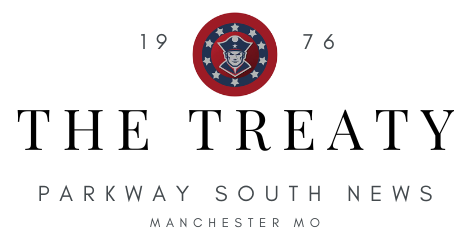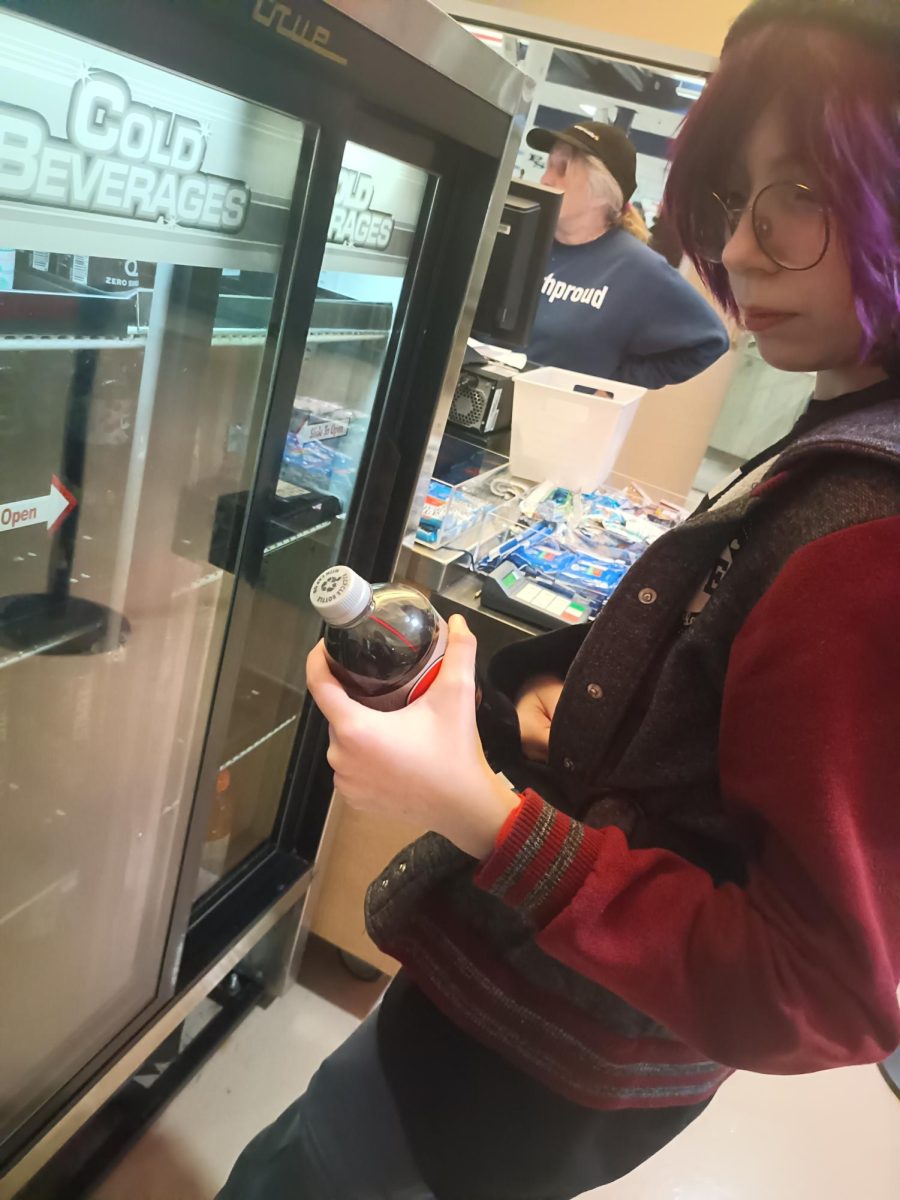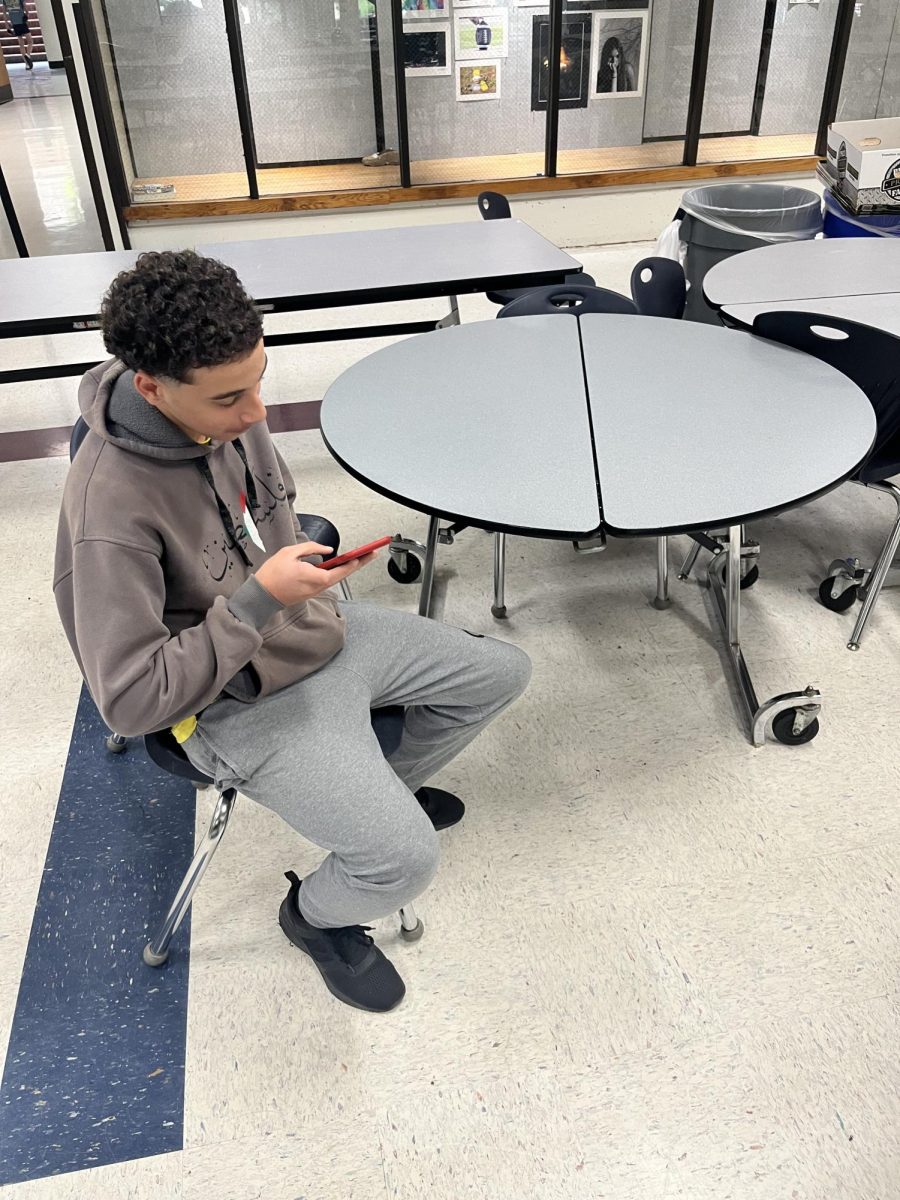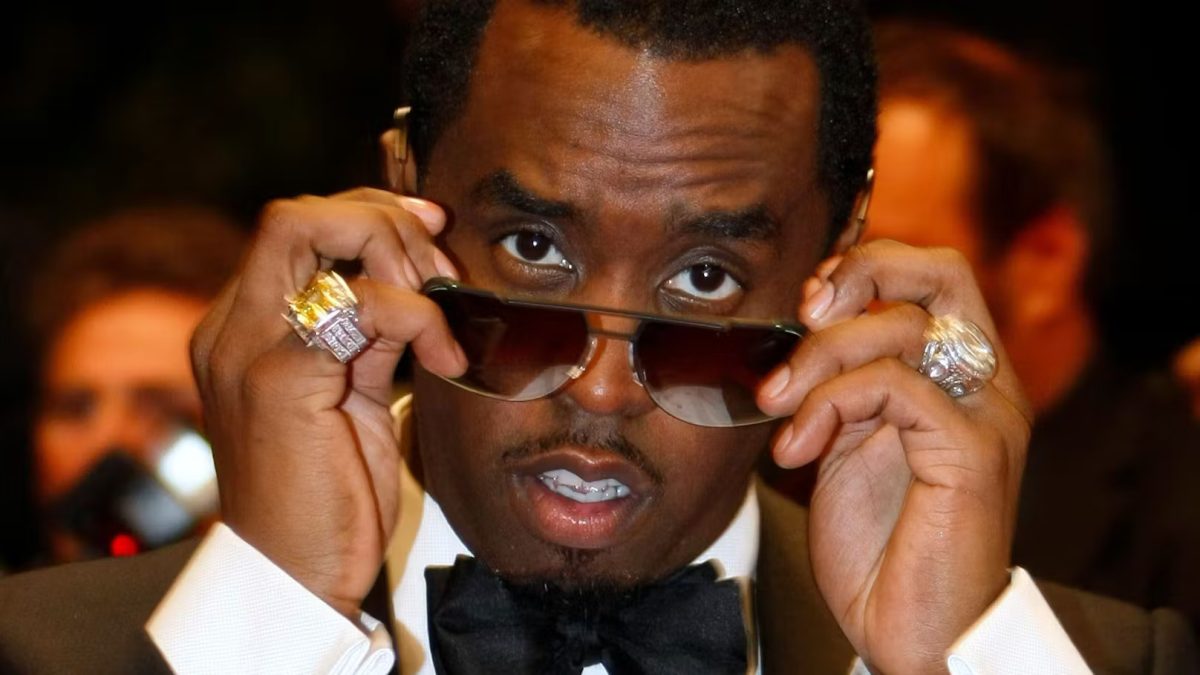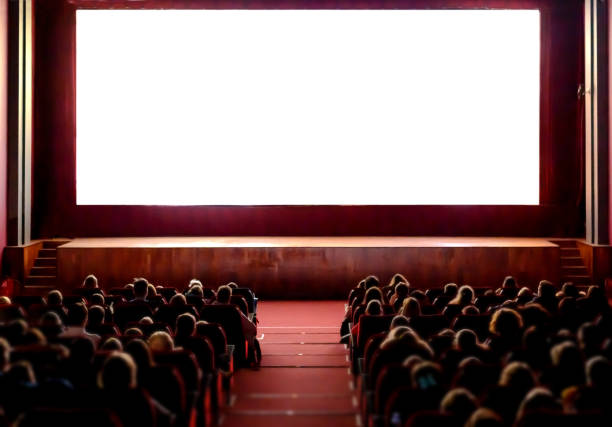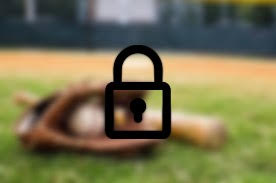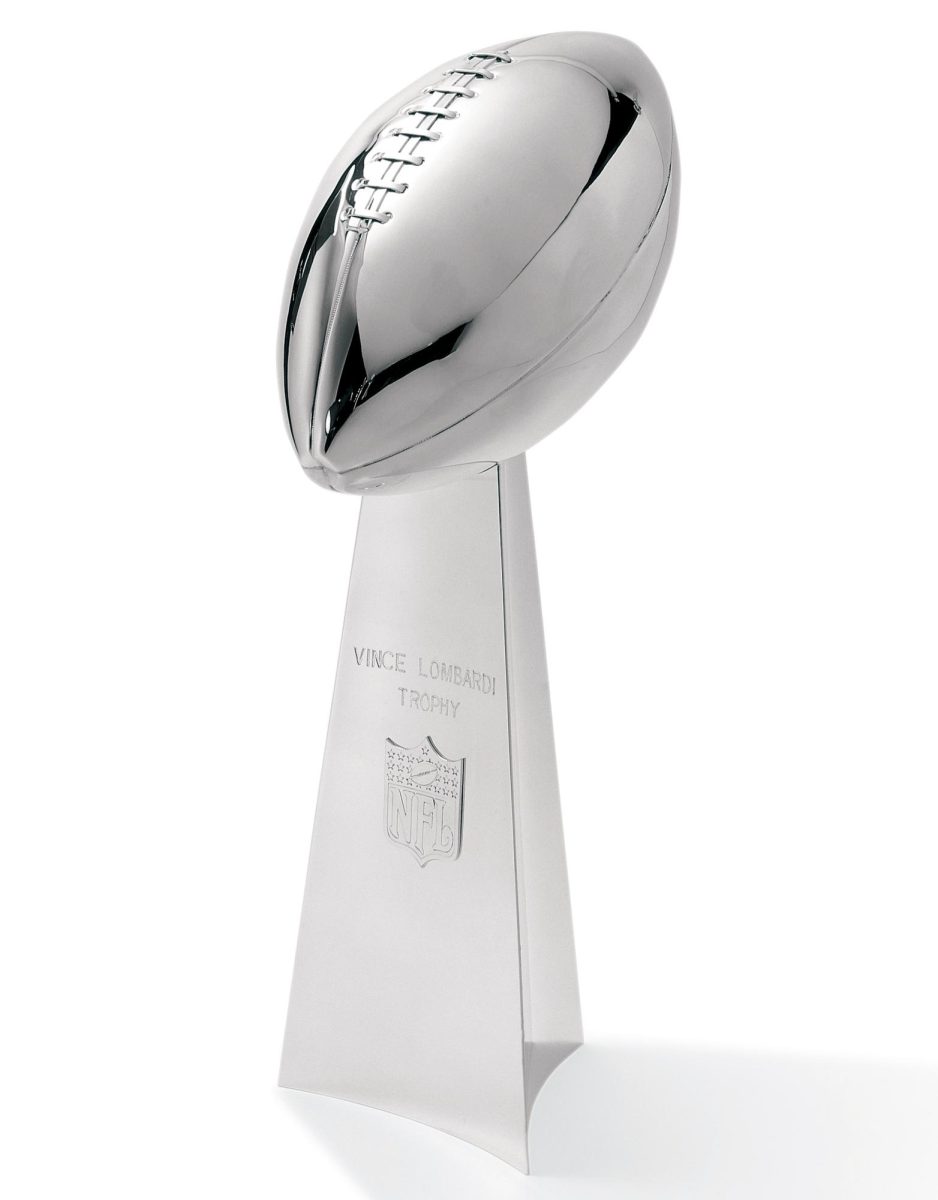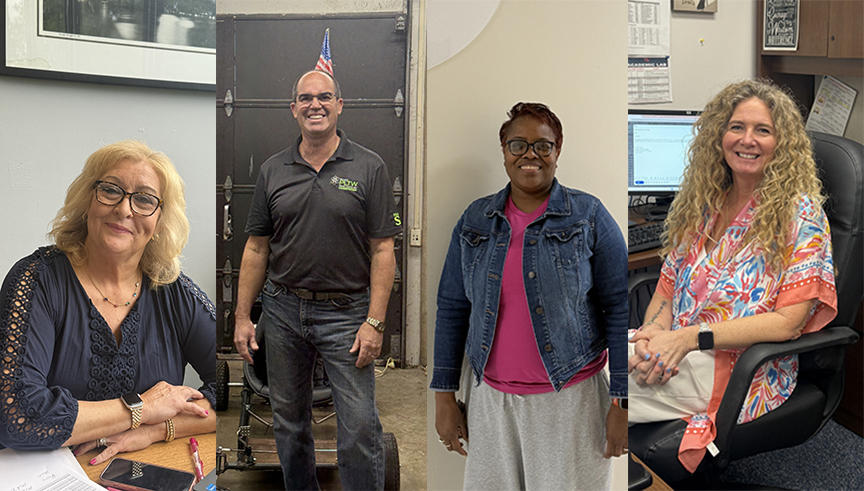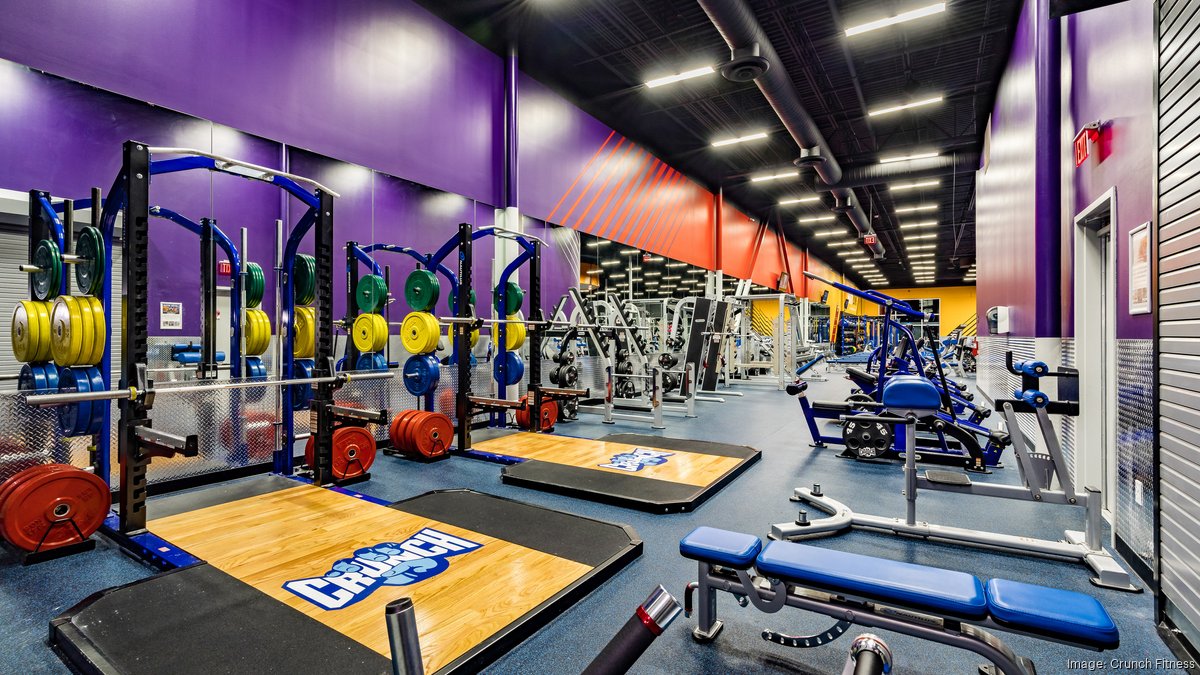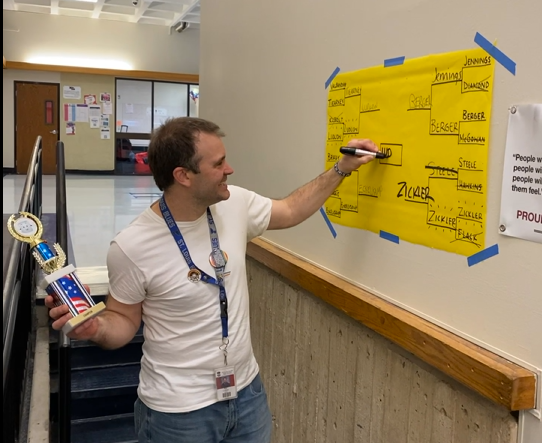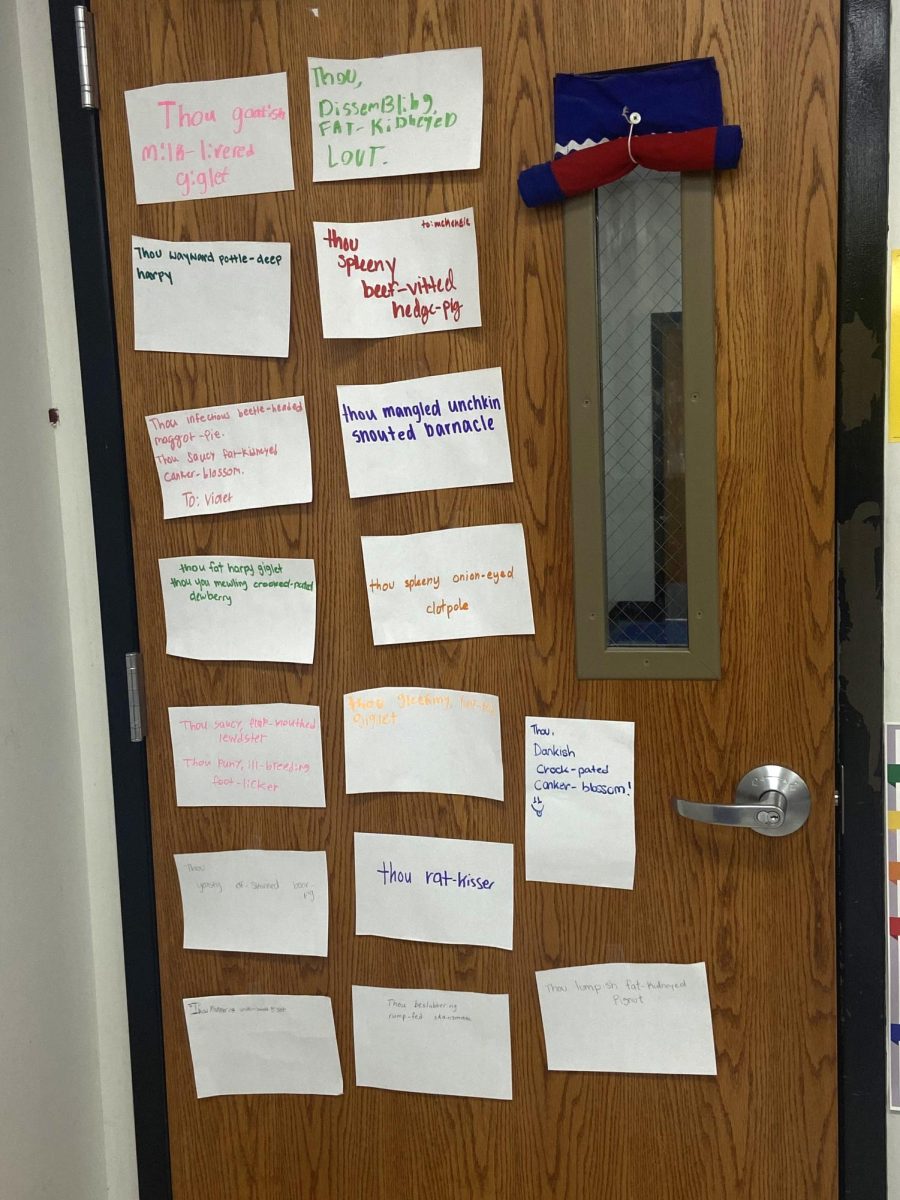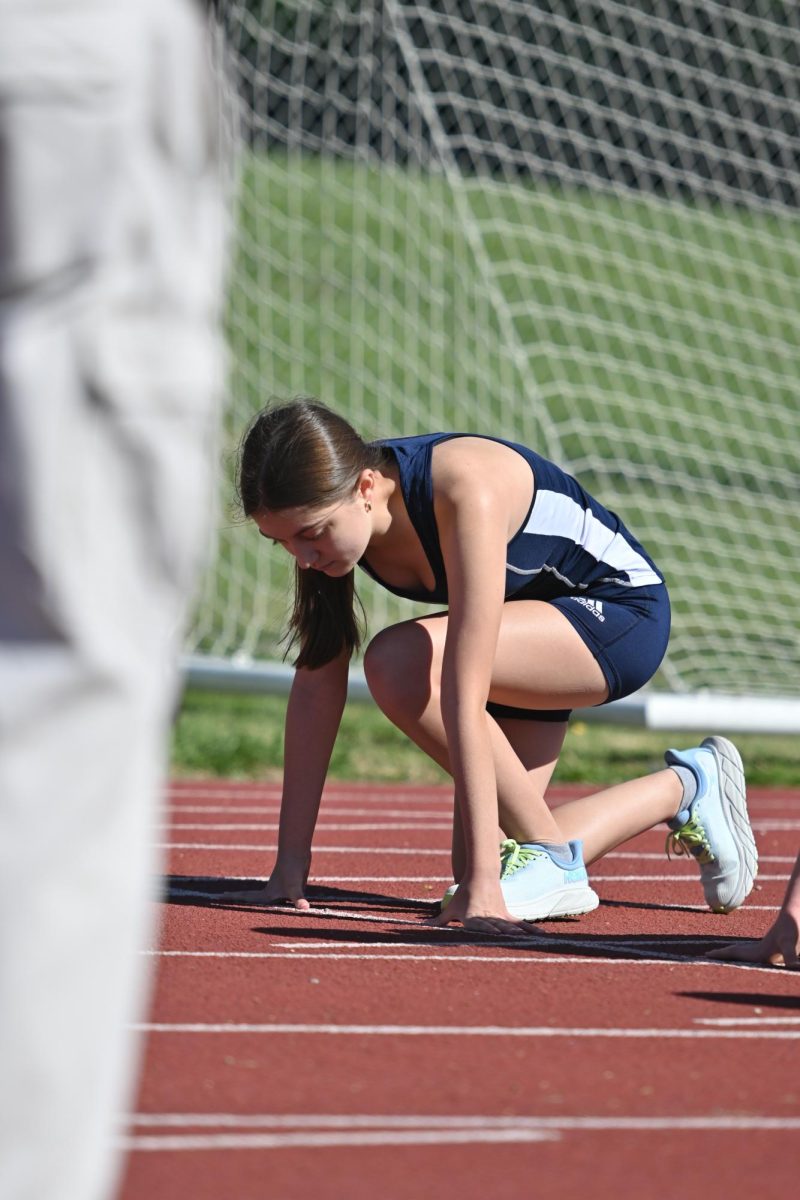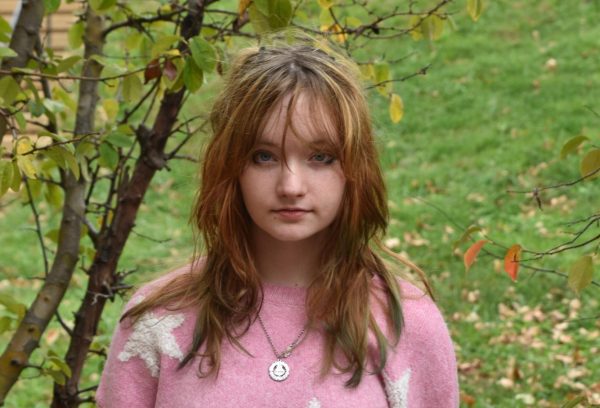There’s a specific chemical that can cause detrimental health effects such as nervousness, irritability, nausea, cardiovascular problems, and inability to sleep. Think I’m talking about cocaine or heroin? Think again–I’m talking about caffeine.
A caffeine overdose can even cause people to die. But, who would drink something that has such detrimental effects? Sometimes, I don’t even know just how much caffeine is in most of the products I am consuming.
Personally, I enjoy a nice cup of coffee each morning. But I make sure to only have one cup of coffee a day, that way it does not negatively affect my sleep schedule. Also, I make it a point to not consume more than 100 mg of caffeine a day. If I have more than that, I feel jittery and nauseous, or I even get a headache. However, many people don’t know how caffeine can affect young bodies. The recommended intake for children is only 100 milligrams, but even an 8-oz brewed coffee from Starbucks contains 180 milligrams of caffeine.
Junior Elizabeth Teets expresses that she usually has one cup of coffee a day, but is aware of the negative effects of caffeine.
“I have ten ounces of coffee typically, and I get a Macchiato. I know how damaging caffeine can be, so I would say I drink a safe amount of coffee. I usually don’t get a lot of sleep because of school so I’ll have coffee because I’m tired, and the caffeine energizes me. Taste is also a factor. I probably wouldn’t drink just straight black coffee,” Teets said.
She also expressed her concern for the amount of caffeine she thinks some South students are consuming.
“Sometimes I’ll see kids buy and drink four bottles of energy drinks that they bought from the lunchroom; that’s really dangerous,” Teets said.
Since caffeine is in so many different things, from sodas to chocolate to coffee, it’s hard to avoid the consumption of caffeine, even in a seemingly simple lemonade from Panera.
A singular ‘Charged Lemonade’ with ice from Panera contains up to 237 mg at the highest, and 150 mg at the lowest. Without ice, the drink can reach up to 390 mg of caffeine. This is over 2-3 times the recommended amount of caffeine for someone under 18. In fact, Panera is currently being sued twice due to allegedly not properly communicating the caffeine content that was in the lemonade drink, unfortunately causing two deaths. One was an Ivy League student by the name of Sarah Katz who had a heart condition, then died due to the amount of caffeine. The family decided to sue Panera. The second was a 46-year-old man by the name of Dennis Brown who had ADHD, a chromosomal deficiency disorder, and high blood pressure. He only refilled his cup twice before dying. His family decided to sue as well. The Charged Lemonade was also presented next to Panera’s non-caffeinated or low-caffeinated drinks. Following these lawsuits, Panera has now issued warnings on the Charged Lemonade drink, and says “Naturally flavored, plant-based. Contains caffeine. Use in moderation. NOT RECOMMENDED FOR children, people sensitive to caffeine, pregnant or nursing women.”
Knowing how detrimental overconsumption of caffeine can be, it’s important for caffeinated products to be completely transparent with just how much caffeine is in their drink, and to properly communicate that these drinks should not be handed out to kids, and if they are they should only be given in moderation. It’s also essential to inform both parents and kids of the dangerous effects of not properly moderating their child’s caffeine intake and to make sure kids know the dangers of too much caffeine. Knowing this, it’s confusing to me as to why Parkway Schools would sell energy drinks despite this factor.
South High sells Mtn Dew Zero Sugar, which contains 113 mg of caffeine. If kids have multiple bottles, that can lead to an unhealthy outcome.
Sophomore Bax Summers explained why they drink energy drinks, soda, and other caffeinated beverages.
“It helps to get me going, and the feel of it is nice. I have caffeine every day; typically I’ll drink a Pepsi, Dr. Pepper, Cherry Coke or whatever I can get my hands on. I don’t drink coffee that much, but I do if I’m in the mood for it. I’m aware of the side effects. I’ve noticed it does kind of affect my ADHD medication [since it makes it less effective], but honestly, it’s a risk I’m willing to take. And also, it works as an alternative if I forget meds. But I do always make sure to brush my teeth, especially if I drink coffee,” Summers said.
Also, students arent the only ones drinking caffeine. Of course, teachers drink caffeine too! You can commonly see pots of coffee in classrooms throughout South High.
I’ve talked to math teacher Anne Erehart to further understand why people drink caffeine.
“I drink about six cups of coffee throughout the day, in a tumbler. I used to drink it with all that fancy smanchy creamer, but now I just put stevia in it. I like flavored coffee and coffee I drink coffee because it wakes me up, it’s warm, and it’s just nice to drink it in the morning cause I read and I journal. It’s just nice to have coffee to drink. But, it does make me more tired in the afternoon. I can’t drink coffee in the afternoon. On occasion, at 1 o’clock I’ll get some coffee in the teacher’s lounge. But of course, I’m aware of the negative side effects of caffeine,” Erehart said.
I also interviewed sophomore Laasya Peruri to look at the perspective of someone who doesn’t drink caffeine often.
“I don’t really drink a lot of caffeine. I’m not even really a fan of coffee, but if I do drink coffee I prefer really weak coffee. Although I enjoy Frappicinos sometimes. I don’t drink caffeine daily, maybe monthly because I know about the negative effects of caffeine, which is why I don’t drink a lot of caffeine in the first place. If I do drink a lot of caffeine, I don’t sleep well at night so I don’t like to drink a lot. And it’s unhealthy,” said Peruri.
Hopefully you’ll take one thing away from this article, to pay attention to the amount of caffeine you consume in a day. It’s important to always be aware of what you ingest, and a lot of the time you might not even be aware of the amount of caffeine that is in the things you’re consuming. Sugary drinks, chocolate, tea, coffee, and even some typically caffeine-free drinks are occasionally modified to include caffeine. At the end of the day, Caffeine is a drug that stimulates your brain and nervous system. Although drinks that include caffeine can taste delicious, maybe next time you should reach for the decaf version!
